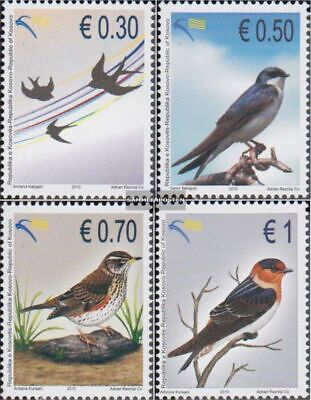Kosovo in 2025: Navigating Political Challenges and International Relations

Current State of Affairs
Kosovo has recently moved away from making dramatic headlines, with the situation in the Western Balkan country appearing relatively stable. However, significant challenges remain on multiple fronts.
Political Landscape
The country’s domestic scene remains fragmented following the February 2025 parliamentary elections. While Prime Minister Albin Kurti and his Vetëvendosje (VV) party maintain substantial support, their appeal has been declining. The governing party won the election but failed to secure a majority.
International Relations
A significant development occurred when Albania, Croatia, and Kosovo signed a joint declaration on defense cooperation in March 2025. This move prompted criticism from Belgrade, which characterized it as ‘a security threat to the Serbian people and the entire region.’ Kosovo responded by condemning Belgrade’s remarks as ‘aggressive and threatening.’
EU Integration Progress
Kosovo continues to face significant obstacles on its path to EU membership. To progress, Pristina must revitalize its dialogue with Belgrade, while the EU needs to provide a clear roadmap for easing its punitive measures against the country.
Security and Infrastructure
The country has faced recent challenges, including cyberattacks targeting its digital infrastructure. The Kosovo Government is being urged to strengthen its capabilities to combat foreign interference and disinformation, particularly those originating from Serbian nationalist outlets and Russia.
Future Outlook
Moving forward, Kosovo is expected to contribute to regional efforts to contain Russia, build resilience, and develop defense-industrial capacity. The country is also working to strengthen bilateral partnerships with friendly NATO countries, such as the UK and Turkey, to maintain stability and security. These steps are considered crucial for Kosovo’s progress and the EU’s credibility as a security actor.









